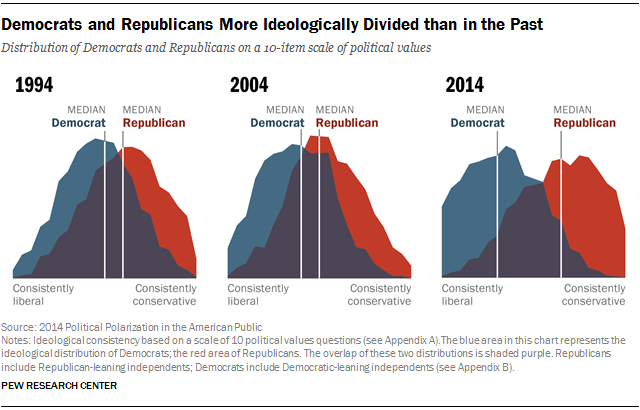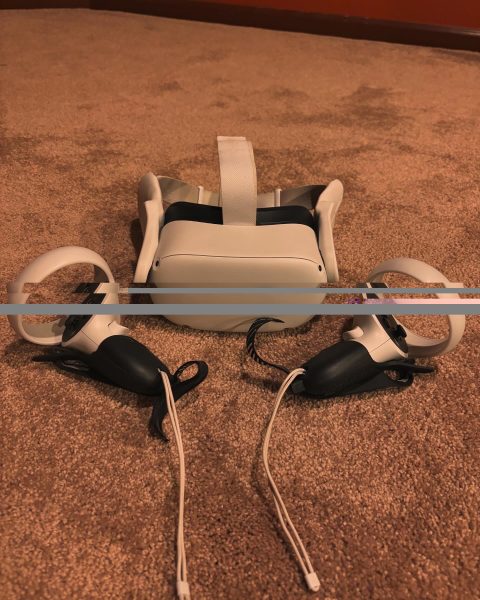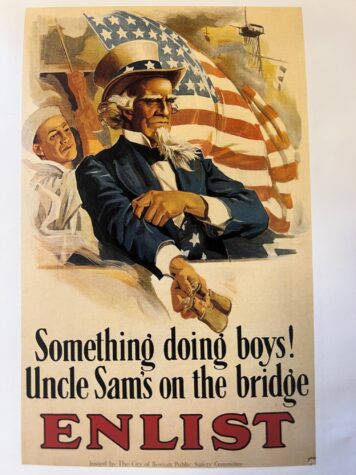America’s Political Divide
Zoe Ziegenfuss
The change in the political range over the past three decades
In Former President George Washington’s Farewell Address, he advised American citizens to view themselves as a cohesive unit and avoid political parties. Washington warned against political parties becoming factions. Politics in the United States have become increasingly polarized; political discourse has become almost non-existent across party lines. Some researchers say the partisan rift in the United States has become so extreme that the country may be at a point of no return.
“We see this very disturbing pattern in which a shock brings people a little bit closer initially . . . but if polarization is too extreme, eventually the effects of a shared fate are swamped by the existing divisions and people become divided even on the shock issue,” said network scientist Boleslaw Szymanski, a professor of computer science and director of the Army Research Laboratory Network Science and Technology Center at Rensselaer Polytechnic Institute. “If we reach that point, we cannot unite even in the face of war, climate change, pandemics, or other challenges to the survival of our society.”
High turnout, strong political engagement, and close elections are not inherently negative things. Having drastically different opinions offers a chance for a more moderate baseline, and allows for growth if these ideas are discussed across parties.
Identification with a political party is correlated to a likelihood of holding certain positions over a key political issue. The Republican versus Democrat framework misses much of the nuance that exists in the political middle. Regarding same-sex marriage, the view of moderate Republicans has consistently been close to that of moderate Democrats, while most Republicans support the legalization of abortions under some circumstances. Both parties contain a wide range of views over issues that can overlap in the center. A Wyoming Congression Debate student, Braylin Keller summarized the importance of finding nuances on issues, “Without compromise, we have no solutions or any bills passed; we have to appease both sides and with no compromise that nothing will ever get done.” Differences in opinion, when combined with political discussion are positive for the U.S. Gryphin Dean, a U.S. History student at Pennridge believes that America can still recover, “There’s a way to facilitate a future generation who works with compromises and it can be done by teaching thoughtful discussion and not closing off a door that could allow growth. Aside from party identification, other factors are often also important indicators of a propensity for certain political beliefs.
Sources:
https://www.pewresearch.org/politics/2014/06/12/political-polarization-in-the-american-public/
https://www.pewresearch.org/politics/2018/03/01/the-generation-gap-in-american-politics/
Zoe Ziegenfuss, Grade 11. Interests and hobbies include skateboarding, reading, running, hanging out with friends and family, and traveling. Zoe plans...






